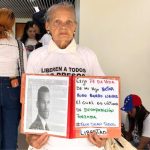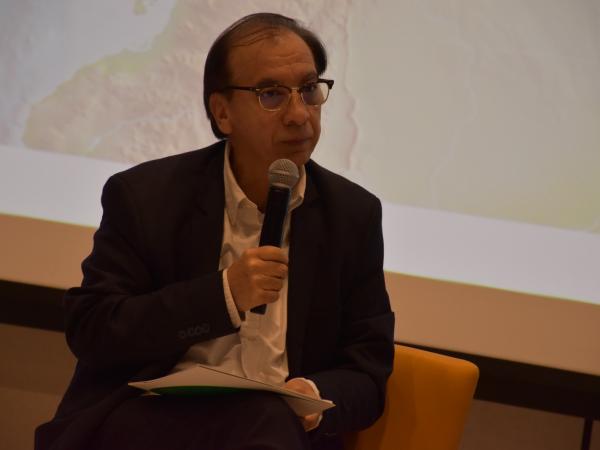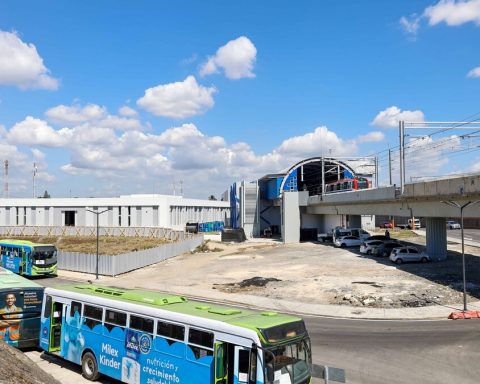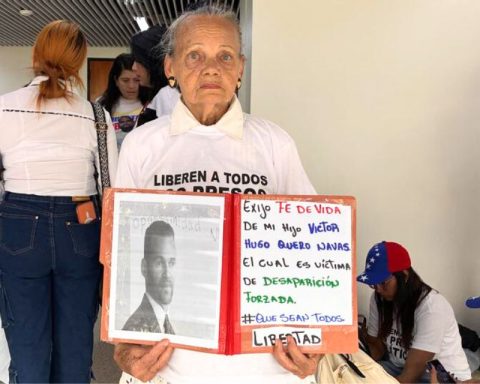“L
Politics is, among others things, thought and action; and even though the fundamental thing is the facts, it is still important how to define, in the theoretical field, the model of government that we are applying. My proposal has been to call it Mexican humanism, not only because of the phrase attributed to the Roman writer Publius Terence, that nothing human is alien to us, but because, nourished by universal ideas, the essence of our project comes from our ancient cultures impregnated with nobility and from our exceptional and fruitful political history.” Thus begins chapter 19 of Thank youby Andres Manuel Lopez Obrador.
Since the birth of Morena as a party-movement, AMLO has insisted on historical awareness. I remember – I have said this many times – that in November 2012 he called together a dozen of us and asked us to design and organize the youth training courses, in whose general design the first three of the six days of work would be dedicated to the three great transformations of Mexico. The historians present (Paco Taibo, Armando Bartra and myself, if my memory serves me right, although Raquel Sosa, Margarita Carbó, Arnaldo Córdova, Enrique Semo, Francisco Pérez-Arce, Luciano Concheiro and several others later joined the courses) asked: Isn’t the emphasis on history too much?
and the politician-historian answered us: History is the key to our movement
. We work in that direction.
History, but what history? A history that sows, that teaches values (https://acortar.link/JfYSrJ). What values? AMLO explains it based on the two pillars of Mexican humanism: the deep cultural roots of our indigenous past and our political history, whose cornerstone is the indigenous, peasant, black and popular resistance to make ours a sovereign country of free and equal people.
In the civilizations that flourished in the territory that is now Mexico, the ways of producing and reproducing life, culture and social organization revolved around land and water, from which precepts are derived that, in Mexican humanism, They have given us identity and are part of the great reserve of values that we possess and have protected and saved us in the course of time from misfortunes and calamities.
. Principles that have their roots in communal property: solidarity, mutual aid, honesty and other values other than individualism and competition, and which also nourish a libertarian spirit that fights against slavery and oppression.
From that exceptional past
has emerged The fruitful political history of Mexico
. In the towns, communities and neighborhoods that are a direct legacy of the calpulli pre-Hispanic, we find cultural continuity, resistance and rebellion. They resisted Spanish colonial rule, making ours one of the countries with the highest frequency and intensity of agrarian rebellions in defense of land, water and vital resources, but also in defense of the cultural forms built around the land and the community.
Those 300 years of resistance led to the great social revolution that destroyed colonial domination forever in 1810. The 19th century was the century of the struggle of this new country against imperialist ambitions and the example of resistance that the generation of Juárez gave to the world is still valid, but it was also the century of the conflict of the people against conservative politicians and liberal modernizers who wanted to extinguish social property and indigenous culture. Resistance and rebellions were endemic until the great agrarian revolution broke out in 1910, which made Mexico a country in which more than half of the land is social property, and in which the historical symbols closest to the people are the leaders of that revolution: Zapata and Villa. A revolution that had two major demands: democracy and justice, but the latter was what motivated the majority to participate in the transformation; those below demanded land and freedom
The examples that AMLO gives, from Miguel Hidalgo to Lázaro Cárdenas, from José María Morelos to Francisco I. Madero, demonstrate his erudite knowledge of our history and something much more important: that like the best historian-philosophers, AMLO knows that if history has meaning, it has meaning for understanding the present and acting in it, and that if history does not provide values and principles, it is useless. How are these lessons and principles connected to present tasks? The end of the chapter is precise in this regard. I invite you to read it carefully.
In short, Mexican humanism stands in perfect balance on two feet: one is the great pre-Hispanic cultural heritage that nourishes us with exceptional virtues such as fraternity, freedom, justice and honesty; and the other is politics with a social dimension and public character that our selfless and exemplary heroes put into practice like in few other places in the world.
P.S: Yes, I will finish the Juárez and the Indigenous series: the last installment has already been written, but I had two more current books in my way.















